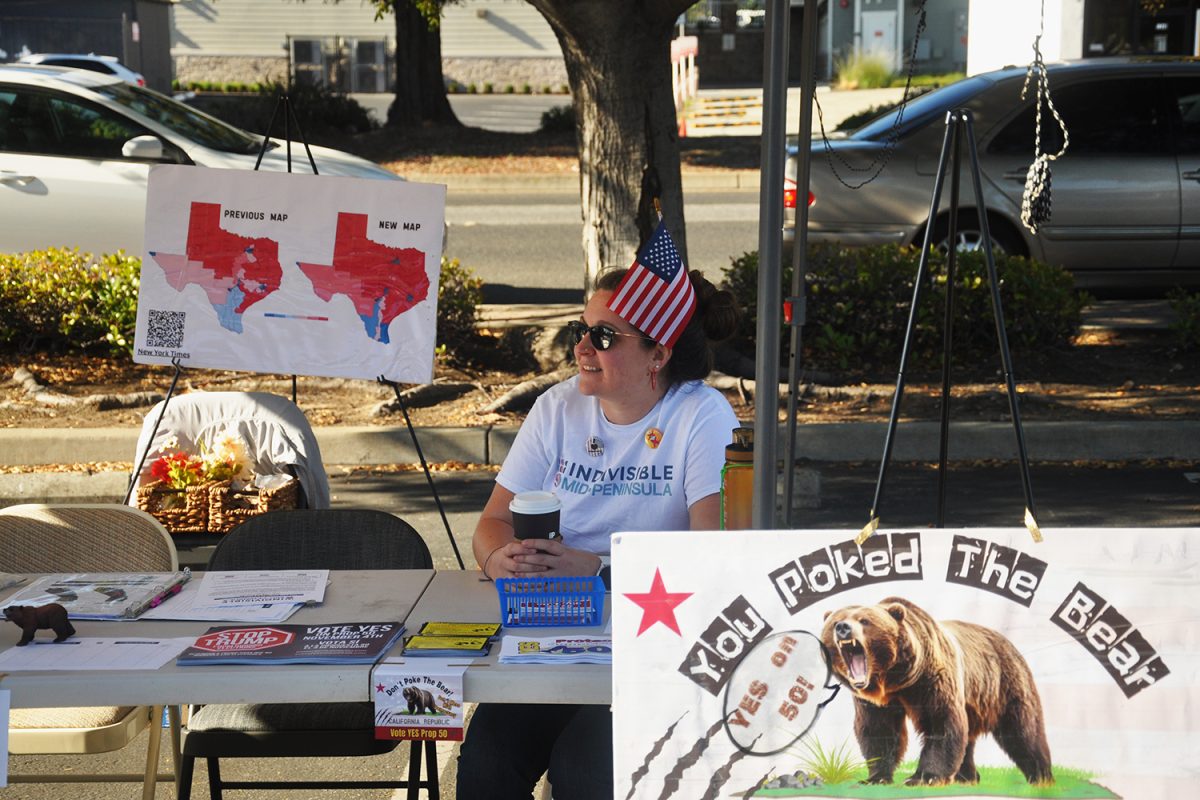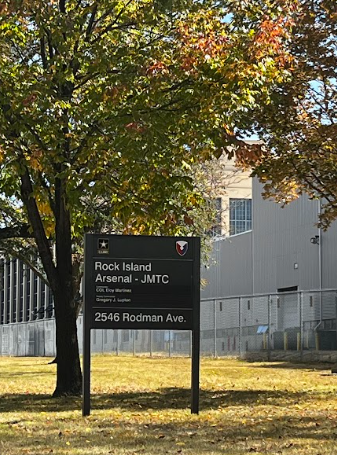Ohio’s House Bill 8, also known as the “Parents’ Bill of Rights,” takes effect today and is already generating intense reactions from educators, students and advocacy groups across the state.
The bill, signed into law Jan. 8 by Gov. Mike DeWine, mandates that public schools notify parents about any “substantial” changes to a student’s mental, emotional or physical health, including changes in pronoun use or gender identity.
It also allows parents to opt their children out of any instruction containing so-called “sexuality content,” a term broadly defined to include discussions on sexual orientation and gender identity.
Supporters of the legislation, including Republican sponsors Reps. D.J. Swearingen and Sara Carruthers, say the law reaffirms parental involvement in education.
“This critical legislation will ensure parents have a voice when it comes to the health and well-being of their children,” Swearingen said in a press release from the Ohio House Republican Newsroom.
But many educators and students say the law threatens hard-earned safe spaces and forces schools to prioritize parental surveillance over student trust.
Social studies teacher Felecia Hamilton teaches U.S. history, African American history, women’s studies and sociology, courses she says thrive on personal reflection and connection.
As a queer educator and co-advisor to the school’s Gender-Sexuality Alliance (GSA), she helps provide a space for LGBTQ+ students to safely explore their identities. She fears HB 8 will unravel that trust.
“The bill assumes that we as staff don’t naturally update parents about student physical health, mental health, grades and overall well-being,” Hamilton said. “The addition that we must alert parents about their child’s pronouns minimizes the number of safe spaces a student has access to while they are figuring out their identity.”
She emphasized that self-discovery during adolescence is deeply personal, and that educators must respect that process.
“It’s never been a matter of withholding,” she said. “It has always been about respect. Respecting a student’s right to come out to parents when they are ready.”
Hamilton also said the bill’s vague language leaves educators unsure of what material is still permissible.
“In Women’s Studies, we begin by questioning gender itself,” she said. “Questions like ‘What is gender?’ or ‘Why do we need a Women’s Studies class?’ set the foundation for critical thinking.”
“But the bill doesn’t define what counts as ‘gender ideology.’ Who decides what’s appropriate? And what happens when a parent uses the bill to target content they simply disagree with?”
She said her biggest fear is that teachers will preemptively remove inclusive materials to avoid conflict or liability.
“When that happens, fewer students see themselves reflected in the curriculum,” Hamilton said.
We lose the opportunity to make meaningful, identity-based connections.”
One lesson she fears could be lost is included in the Erika’s Lighthouse suicide prevention video that the school district uses. The video includes the story of a student experiencing gender dysphoria who opens up about its impact on their mental health.
“Some of my students had never heard the term before,” she said. “It created a moment of learning, empathy and dialogue. That’s the kind of classroom experience this law puts at risk.”
For students like Erika Marquardt, a senior and a leading member of Beachwood’s GSA, the classroom has been more than a place of learning, it’s been a refuge.
“I joined GSA because many of my best friends are trans or identify as queer. I found a family here,” said Marquardt, who identifies as bisexual and uses she/they pronouns. “School and GSA should be an oasis in a world meant to tear us down.”
She said hearing about the bill online months ago filled her with dread.
“I was extremely concerned,” she said. “I don’t know how we’ll be able to form the same relationships with our teachers without a foundation of basic trust. Especially when we’re still figuring out who we are.”
For her, the law feels like an attempt to erase a community that will continue to exist regardless.
“Just because the law is trying to invalidate us and erase us doesn’t make it so,” Marquardt said. “As a member of this community, our mere existence is rebellion.”
Junior Sasha Wachsman was direct in his criticism.
“I’ve known about HB 8 from its inception, and I’m incredibly disappointed to see it being enforced,” he said. “Calling it a ‘Parents’ Bill of Rights’ only adds insult to injury. It’s a discriminatory, pointless piece of legislation that only serves to make teaching more difficult and make queer kids’ lives even harder.”
Wachsman said the law forces schools to “forcibly out” students and treats any discussion of gender or sexuality as taboo.
“Something as innocuous as a pride flag in a PowerPoint might now require a waiver,” he said. “This is about surveillance, not protection.”
Although he feels relatively insulated in Beachwood, Wachsman said the law reflects a broader hostility in Ohio politics.
“I’ve lived in Ohio most of my life, but I can’t stay long-term,” he said. “I feel for the kids who don’t have these blue bubbles [liberal communities] to protect them. We’re dehumanized and stripped of our dignity just for existing.”
The ACLU of Ohio and other legal groups are closely watching HB 8’s implementation and have not ruled out legal action. They argue the law may violate students’ constitutional rights to privacy, free expression and equal protection.
Civil liberties experts have drawn parallels between HB 8 and similar “parental rights” legislation in Florida and Texas, which have triggered court challenges over forced outing, vague restrictions and classroom censorship.
Meanwhile, the law’s rollout aligns with broader federal shifts under the Trump administration. In March, President Donald Trump signed an executive order dismantling the U.S. Department of Education and eliminating federal support for diversity, equity and inclusion (DEI) initiatives. The administration also threatened to withhold funding from colleges and universities that continue to implement DEI programming.
Critics say these national and state efforts share a common goal: silencing marginalized communities.
As the law takes effect, school communities must now navigate what many see as a collision between state power and personal identity.
Hamilton said that while she welcomes parental involvement in education, HB 8 misrepresents its intent.
“It doesn’t feel like a celebration of learning,” she said. “It feels like a trap for educators.”
Wachsman agreed.
“What makes it worse is I know we’re better than this,” he said. “But our government has lost the plot.”
For Marquardt, the message is simple.
“Queer and trans people have always existed,” she said. “And we’re not going anywhere.”
This story was originally published on The Beachcomber on April 9, 2025.


































